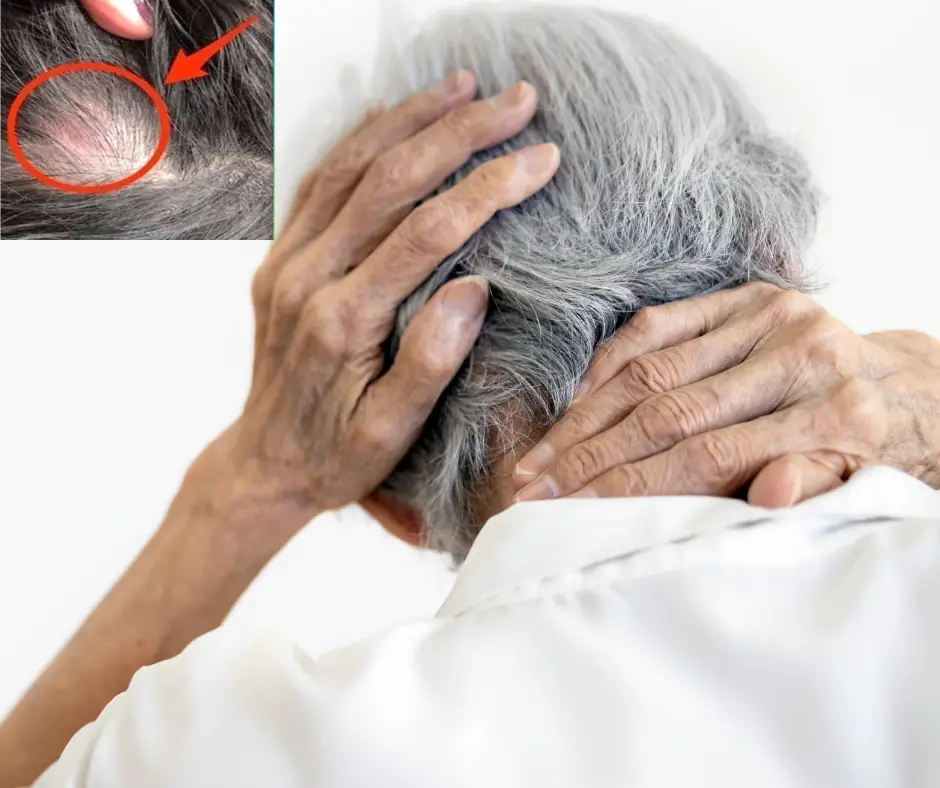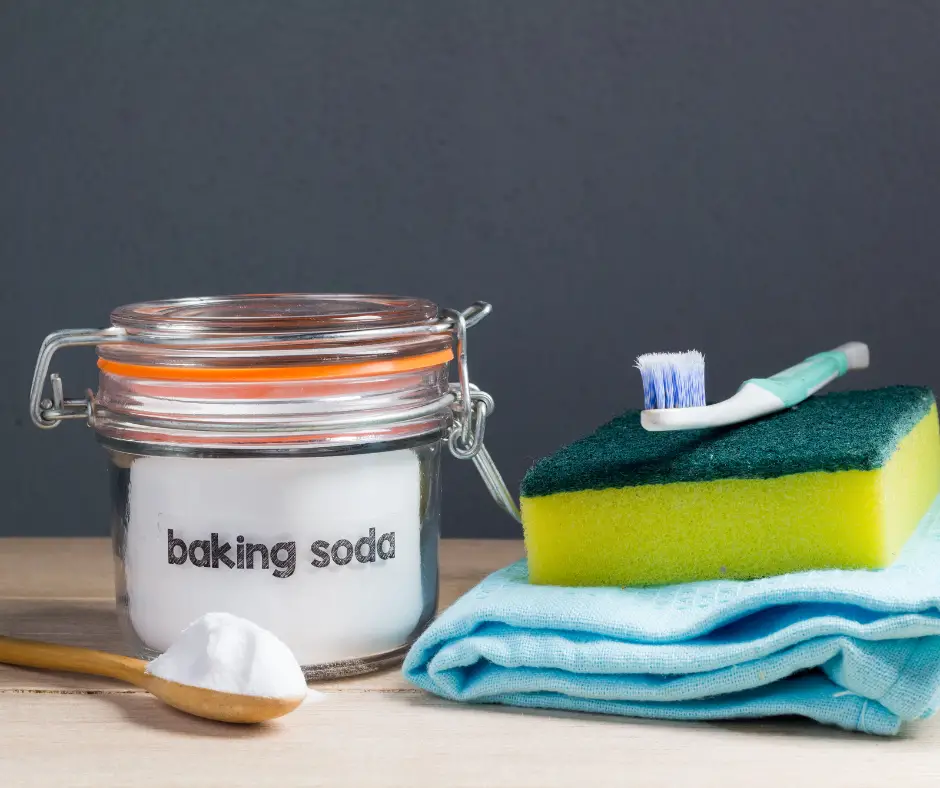Water is essential for life, yet many people underestimate its importance. Our bodies are composed of around 60% water, making it crucial for various bodily functions, including digestion, circulation, and temperature regulation. Despite this, dehydration is a common issue that often goes unnoticed. Here are ten signs that indicate you’re not drinking enough water:
1. Skin Issues
One of the most visible signs of dehydration is skin problems. When you’re not adequately hydrated, your skin becomes dry, tight, and prone to irritation. You may notice flakiness, dullness, or even an increase in fine lines and wrinkles. Proper hydration helps maintain skin elasticity and promotes a healthy complexion.
2. Constipation
Insufficient water intake can lead to constipation. Stools become softer with water, which facilitates their passage through the digestive system. Without an adequate amount of water, stools can become hard and difficult to excrete, leading to discomfort and irregular bowel movements.
3. Muscle Cramps
Dehydration can cause muscle cramps and spasms, especially during physical activity. When you’re dehydrated, the electrolyte balance in your muscles is disrupted, leading to involuntary contractions. Drinking water before, during, and after exercise helps prevent muscle cramps and supports optimal muscle function.
4. Rapid Heartbeat
In severe cases of dehydration, the body struggles to maintain normal blood circulation, leading to an increased heart rate. Dehydration causes a decrease in blood volume, forcing the heart to work harder to pump oxygen and nutrients to the body’s tissues. This can result in palpitations or a sensation of rapid heartbeat.
5. Bad Breath
Saliva removes germs and food particles from the mouth, which is important for preserving dental health. When you’re dehydrated, saliva production decreases, allowing bacteria to thrive in the mouth. This can lead to bad breath, also known as halitosis. Drinking water regularly helps keep the mouth moist and reduces the risk of oral odor.
6. Reduced Cognitive Function
Dehydration can impair cognitive function and affect your ability to concentrate, reason, and solve problems. Even mild dehydration can lead to fatigue, brain fog, and difficulty focusing. Staying hydrated is essential for optimal brain health and cognitive performance.
7. Joint Pain
Water acts as a lubricant for joints, helping to cushion and protect them during movement. Dehydration can cause joint pain and stiffness, as well as increase the risk of conditions like arthritis. Drinking plenty of water helps keep joints flexible and reduces discomfort associated with dehydration.
8. Increased Risk of Kidney Stones
Kidney stones can develop by consuming too little water. When you’re dehydrated, your urine becomes more concentrated, making it easier for minerals and salts to crystallize and form stones. Drinking an adequate amount of water dilutes urine and reduces the risk of kidney stone formation.
9. Reduced Athletic Performance
Hydration plays a critical role in athletic performance. Dehydration can lead to decreased endurance, strength, and coordination, making it harder to perform at your best. Proper hydration before, during, and after exercise is essential for maximizing performance and preventing dehydration-related fatigue.
10. Weight Gain
Drinking water can aid in weight management by increasing feelings of fullness and boosting metabolism. When you’re dehydrated, you may mistake thirst for hunger and consume extra calories unnecessarily. Additionally, staying hydrated helps prevent water retention, which can contribute to temporary weight gain.
Ways to Increase Water Intake
To ensure you’re drinking enough water throughout the day, consider the following tips:
- Carry a reusable water bottle with you wherever you go.
- Set reminders on your phone or computer to drink water at regular intervals.
- Enhance the flavor of water naturally with fresh fruit, herbs, or cucumber slices.
- Incorporate water-rich foods into your diet, such as fruits, vegetables, soups, and smoothies.
In conclusion, staying properly hydrated is essential for maintaining overall health and well-being. By paying attention to the signs of dehydration and taking proactive steps to increase water intake, you can support your body’s vital functions and enjoy the benefits of optimal hydration.







